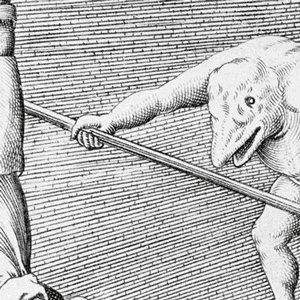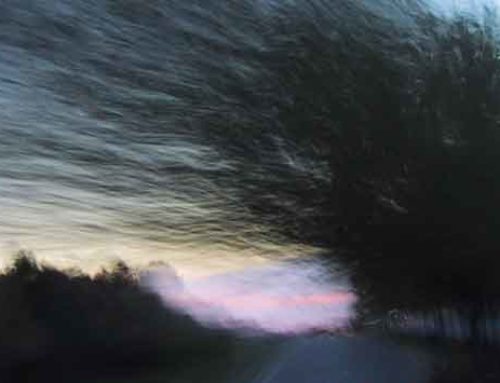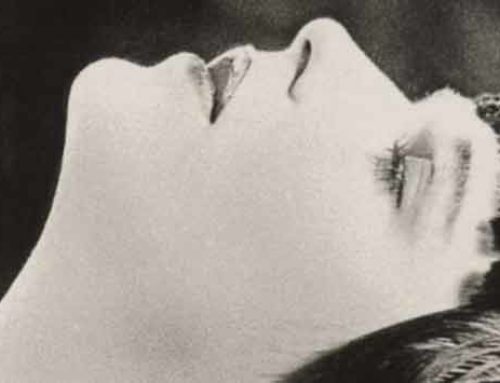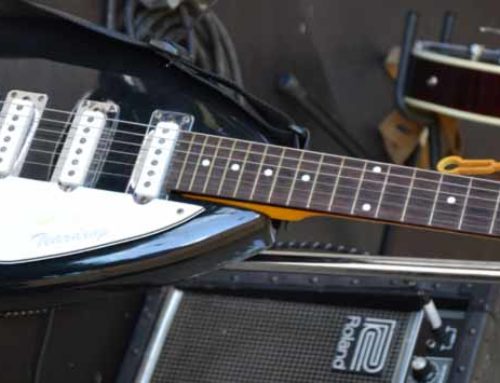An article that appeared in the Centre Daily Times on March 16, 2007.
Long Afternoon re-emerges
By Dennis Fallon, for the Centre Daily Times
“I think it is a better record now than what we could have made 20 years ago.”
— Eston Martz, guitarist and vocalist for The Long Afternoon
It’s the modern-American, rock ‘n’ roll melodrama: a young band forms and finds an amazing sound. Then, on the cusp of mainstream success, internal strife and infighting tear the band apart, just missing its musical potential.
But wait, here’s a last minute twist to the story: Twenty years later, all grown-up and presumably wiser, the tormented and passionate lead singer resurrects the project and releases what would be the group’s seminal, and only, album: a testament to “what if” and “what might have been.”
The story, alas, is true. The band is The Long Afternoon. With fuzzy guitars and amploads of potential, the indie-rock noisemakers stood on the threshold of great musical dreams before the above story put an apparent end to their hopes.
“We were loud, guitar-based rock, but we worked with pop song structures,” said Eston Martz, singer/songwriter/guitarist and de factor leader for the band. “We intentionally went for the noise. There’s just an endless variety of textures you can get out an electric guitar, and we are just interested in getting some new ones.”
It was the mid-1980s. After two short years together, the Long Afternoon—with Eston’s guitar virtuosity at the helm—was already opening for indie pioneers Dinosaur Jr. and had secured a management deal with Bulging Eye Management, the management company that brought the Flaming Lips to Warner Bros. records. The ever-elusive buzz was building.
Then, everything changed. After a performance at a Central Pennsylvania Festival of the Arts that was to kick off the band’s first tour, the band split in turmoil, effectively bringing any career momentum to a screeching halt.
“It really chafed me, it felt like something was left unfinished,” Martz said. “It bothered me for a long time. After the group split, it was fair to say I was devastated.”
The cause of the band’s demise?
“The ever-popular artistic differences,” Martz said. “There were money problems, people pulling in different directions. I didn’t want the band to be a dictatorship, but it sort of was. It’s difficult to pinpoint exactly what went wrong.”
The Pennsylvania music scene was not kind to experimental indie-rockers without a band (“It was the late 80s,” Martz said. “Gigs were few and far between unless you were playing Journey or Loverboy covers,”), the band lost touch (“I havent’s seen or heard from some of my bandmates in 10 years,” he confesses) and, inevitably, the real world came calling.
Martz got married and got a job with Penn State in the agriculture department. Left unfinished was The Long Afternoon’s glorious debut, only now it was a pile of ideas on cassette stuffed into a closet somewhere in Martz’s brain.
Fast-forward to the present. Twenty years later and Martz can’t get the old songs out of his head. Recruiting local musicians Jeff Edmunds and Greg Elliott, he finishes the band’s CD, better late than never.
“The Luxury Problem,” the debut CD of 1980s indie-noise pioneers, is finally available on compact disc.
“In the grand scheme of things, I don’t have any reason to complain about anything,” said Martz of the meaning of the album’s title. “Besides, I think it is a better record now than what we would have made 20 years ago.”
Sounding like a cross between the pop sensibilities of the Beatles and Byrds filtered through the massive, noisy guitars of Sonic Youth, “The Luxury Problem” is a collection of 20-year-old noises and ideas—updated, freshened, and stewed over for two decades.
“This is a record for people who like the sound of electric guitars. By that, I mean if you like bands like Pavement and Sonic Youth, the noisier side of rock and roll. It’s noisy without the metal.”
With his new-old band already at work rehearsing for a follow-up album, Martz doesn’t have much time to dwell on the past. Still, in retrospect, he finds moments to think on his band, his hopes and his life as a 20-year-old musician in State College.
“It galls me in a way,” he said of the past. “If we had kept pushing for another couple of months or a year, something could have happened. Things were set up, but we just couldn’t get it together.”
Photo caption: The Long Afternoon, circa 1987, is, from front, guitarist and vocalist Eston martz, Lee Markle on percussion and tape manipulations, guitarist David Pearson, bassist Butch Robinson, and drummer Ken Brassington. Martz recently reformed a new band and re-recorded the disc, 20 years after the original lineup split.






